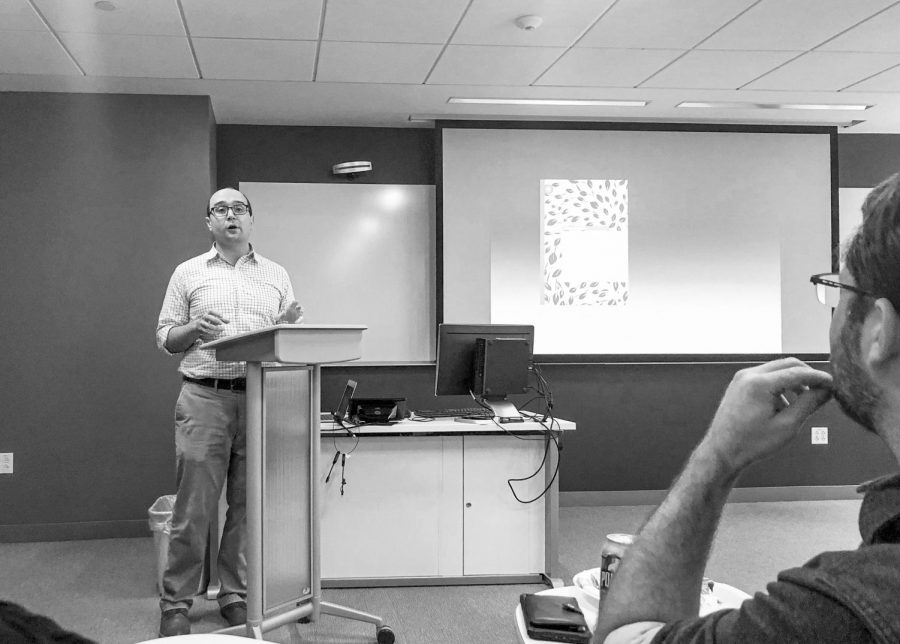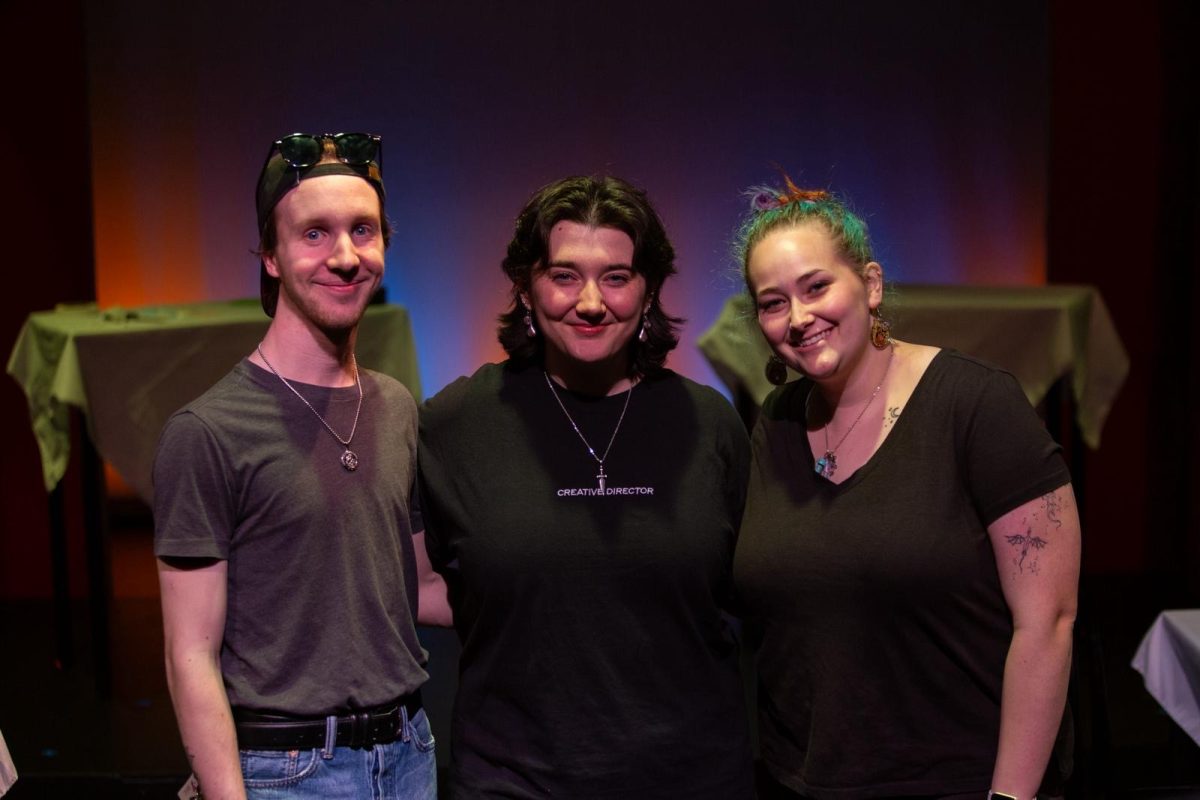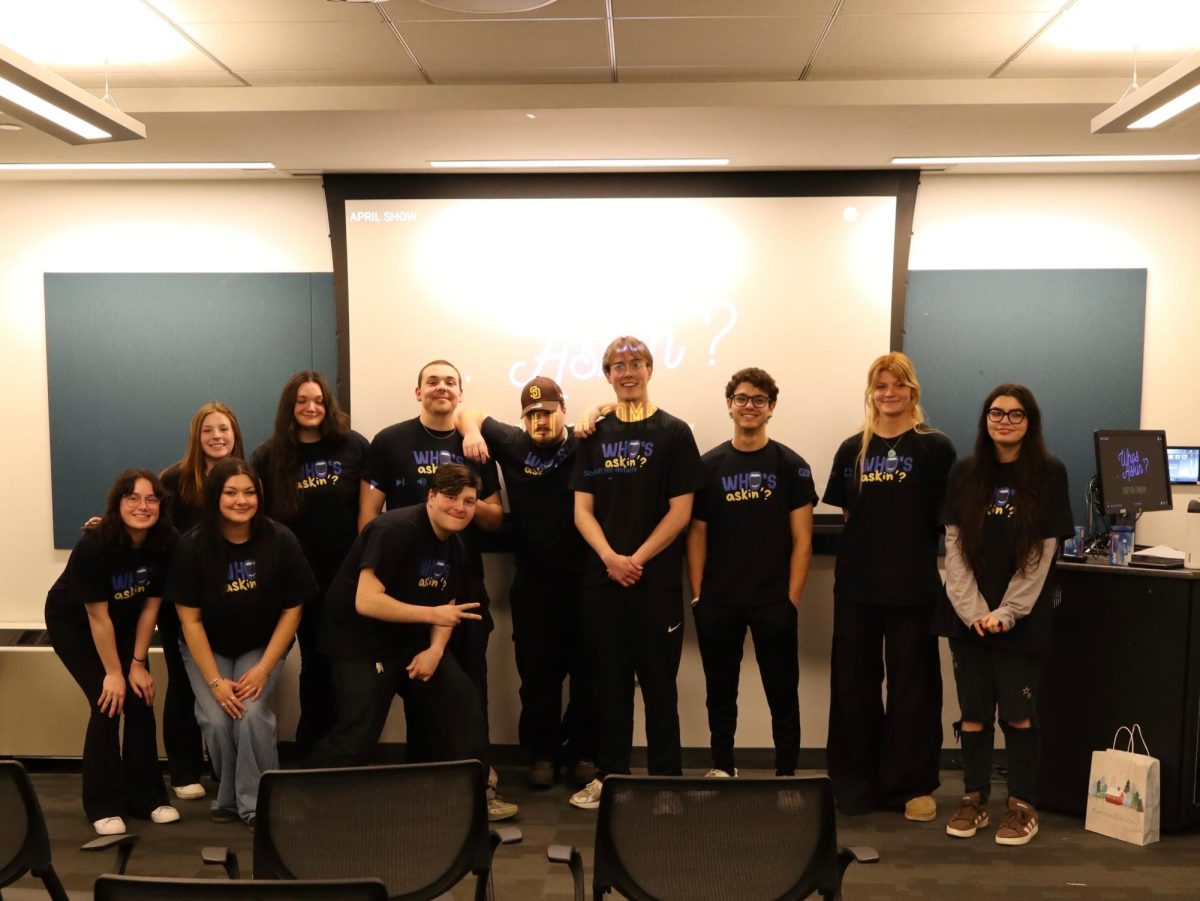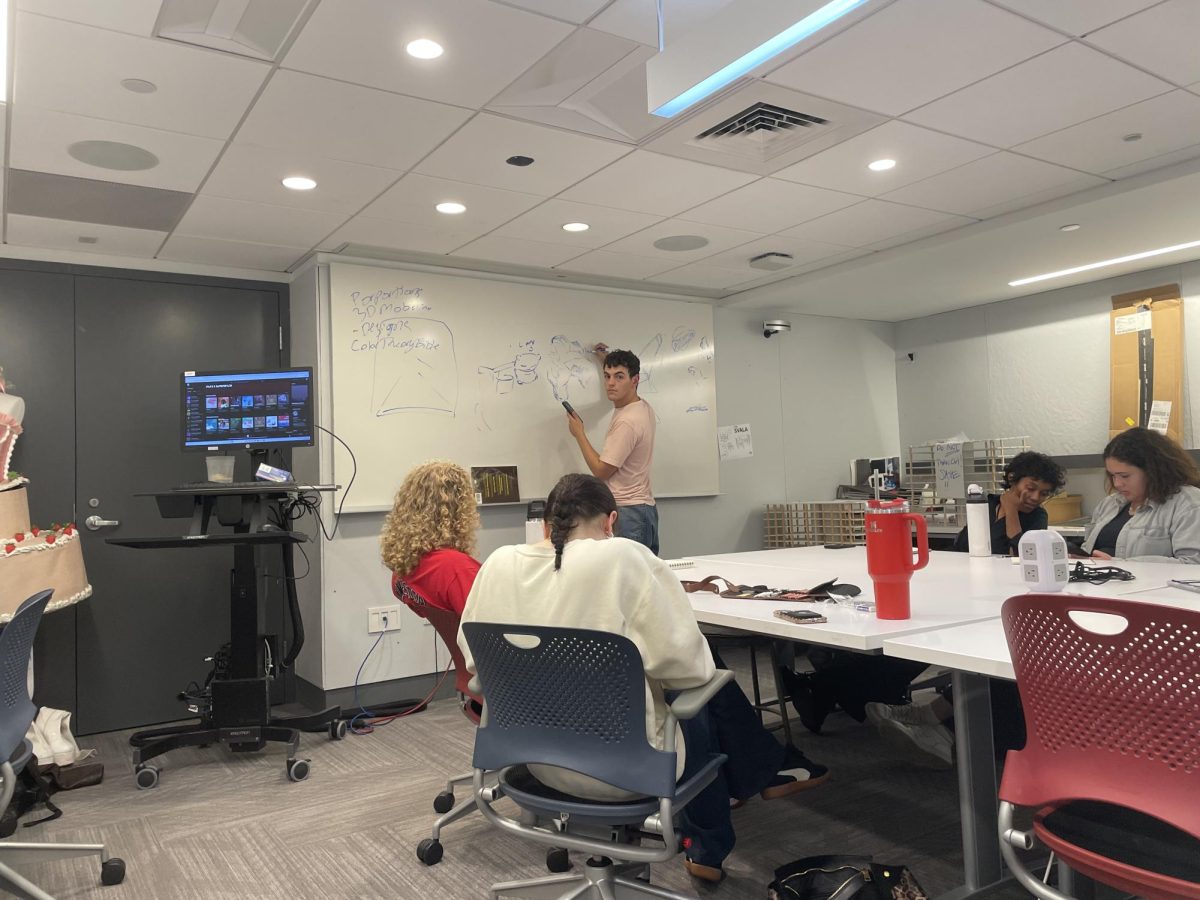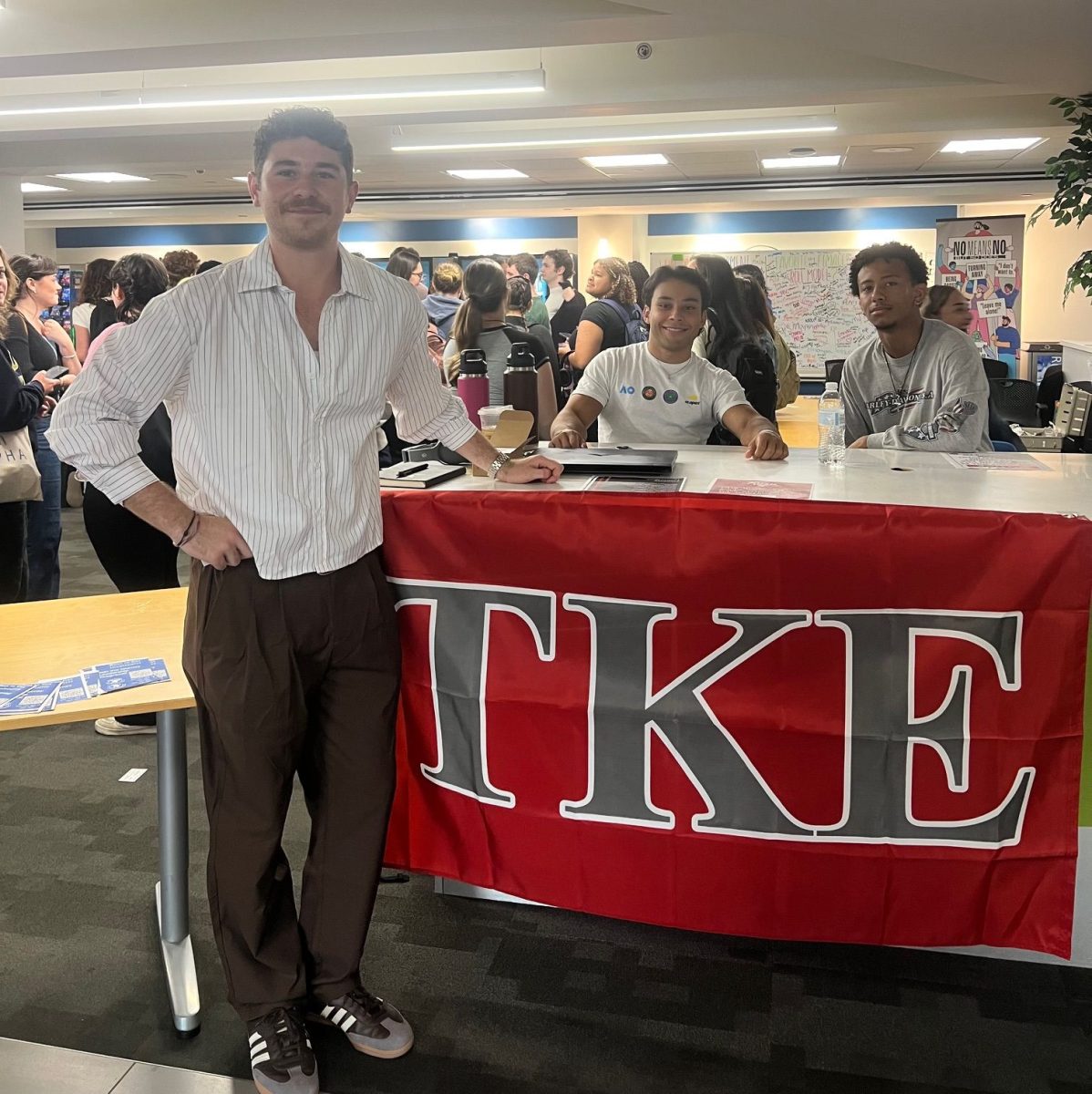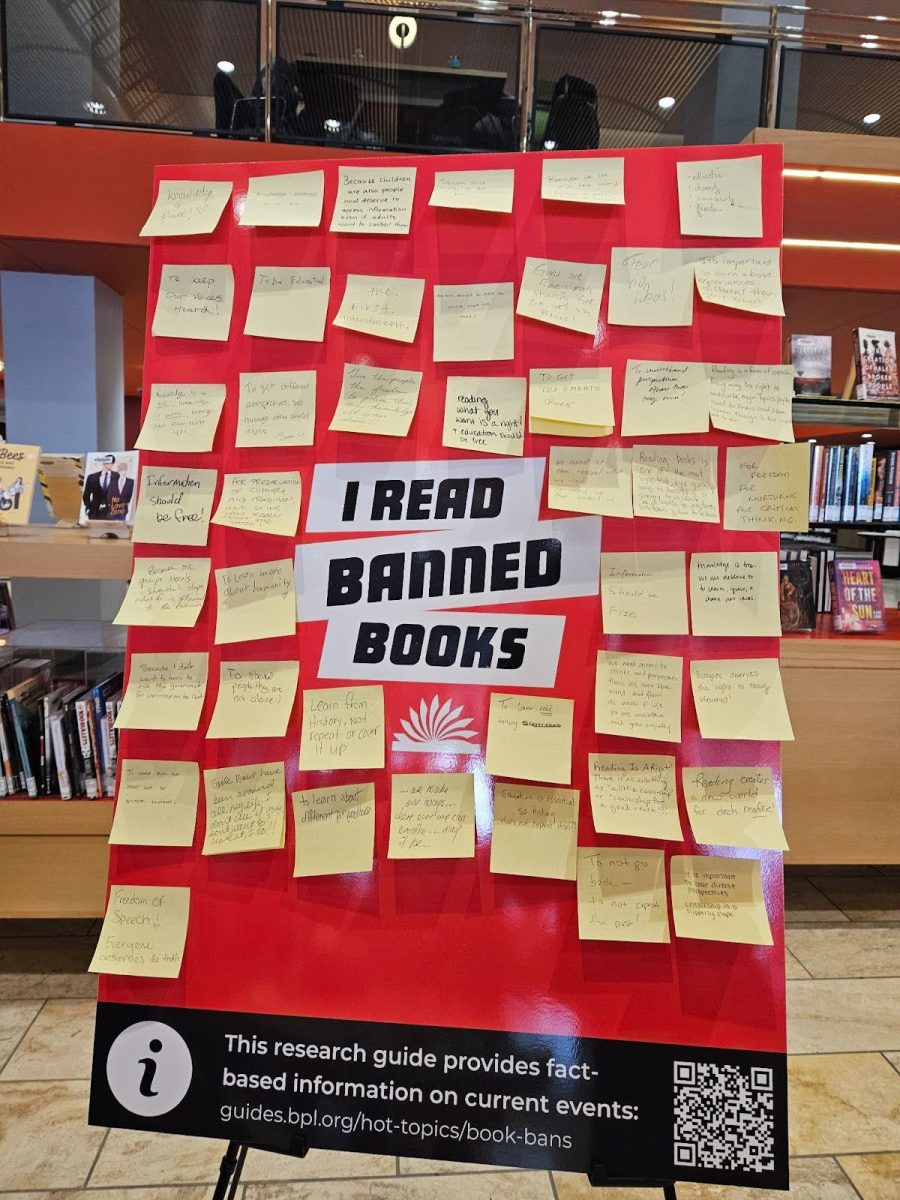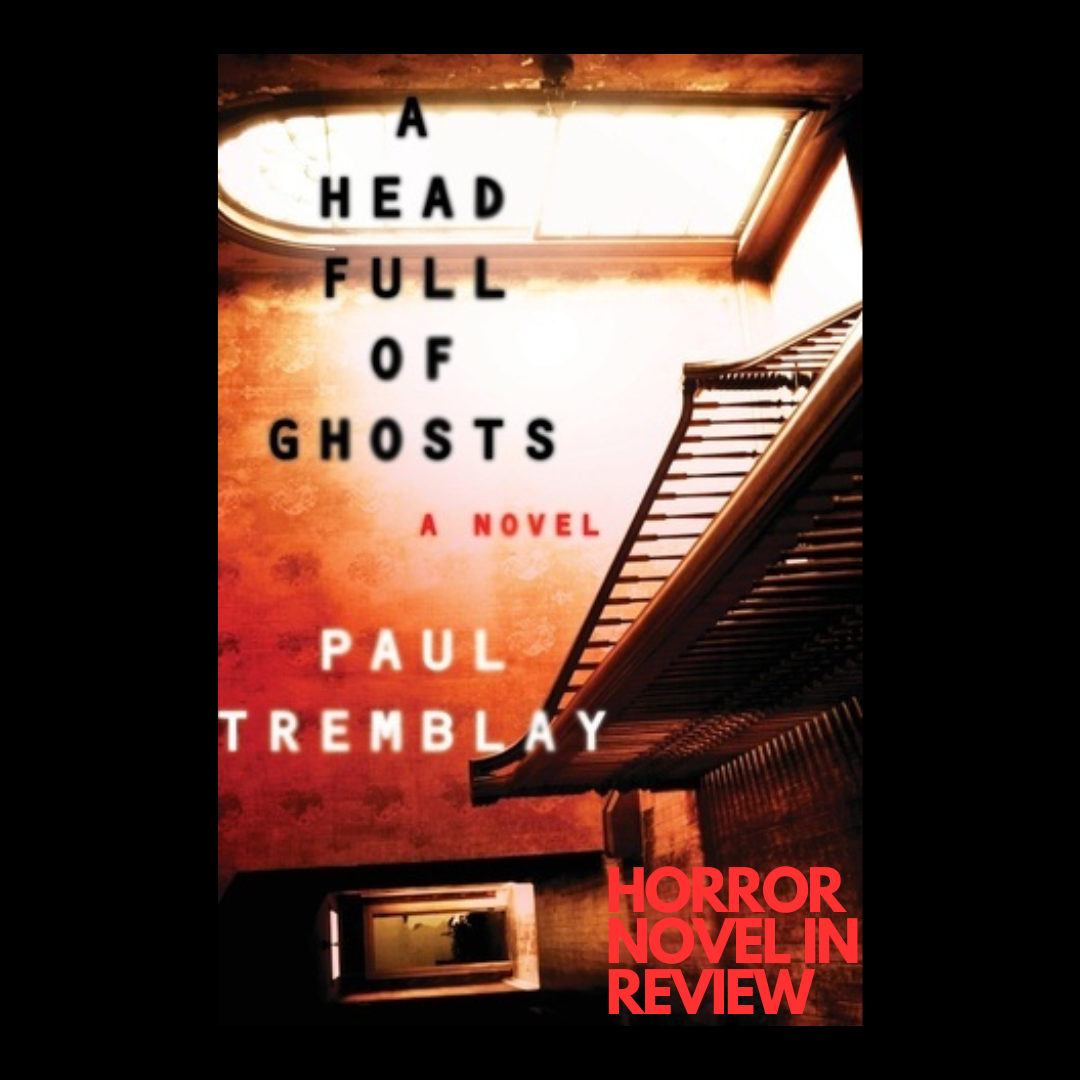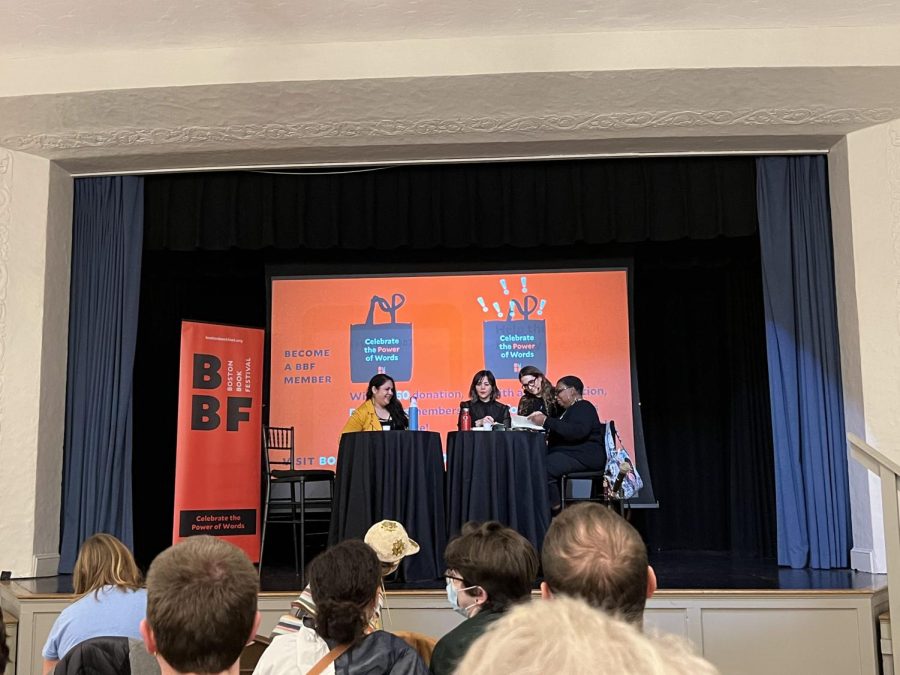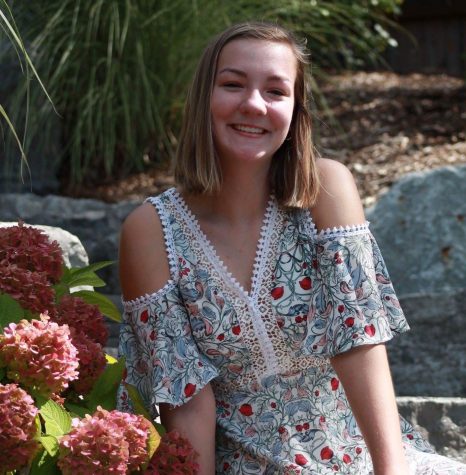On Tuesday, Nov. 12, English Professor Nicholas Frangipane hosted a talk to discuss his recently released book, “Multiple Narratives, Versions, and Truth in the Contemporary Novel.” Frangipane just entered his third year as a faculty member in Suffolk’s English department and was asked by the department’s faculty success committee to share his insightful observations on modern literature and the way it’s written with the university community.
Frangipane began to form the ideas contained in his book during his senior year of undergraduate study in 2007. He shaped his thoughts into a dissertation during graduate school, and later developed those same ideas into a fully-fledged book. On Oct. 23, “Multiple Narratives, Versions, and Truth in the Contemporary Novel”was published in its final form by the Palgrave-Macmillan publishing company.
“I look closely at stories that are told in multiple versions in order to say how I think that writers are thinking differently about the meaning of truth and I get to that by looking through the last 70 years of literary theory to build a case for my assertions,” Frangipane said when describing the book.
During his talk, Frangipane informed an audience of over 60 people about the meaning of multiple narratives, or stories told in multiple versions, and how they relate to perceptions of truth. Essentially, an author may share an account of an event that is told from two different perspectives and in some cases, no real answer is given as to which account is accurate. Frangipane provided examples of these multiple narratives by showing clips of films such as “La La Land”and “I, Tonya.” He also analyzed novels like “Atonement” by Ian McEwan, “The French Lieutenant’s Woman”by John Fowles and a collection of stories by Alice Munro.
To describe why authors may choose to include two differing, and even directly contrasting, accounts of the same occurrence, Frangipane said, “Both versions are true to the teller. Even if they’re not literally true, they’re emotionally true.”
Frangipane characterized this emotional element as an almost “truer truth” than what may have actually happened and cited it as a lens through which authors, readers and characters look at the world.
The author mentioned how happy he was with the outcome, both in terms of the contents of the presentation and the crowd that was in attendance.
“I was delighted by how many students came and by how many students came to talk to me afterwards,” said Frangipane. “I had expected that it would be mostly colleagues so I was really thrilled when I got to the room and there were so many students there and that immediately made me feel much more comfortable in giving the talk.”
He also expressed a deep gratitude to the Suffolk community.
“I just want to thank my colleagues who very generously helped plan the event, supported me [and] introduced me, not only through the talk but through the final stages of putting this book together,” said Frangipane. “And I want to say thank you to the students. I was delighted by the number of former students I had that came and the number of my colleagues’ students that came.”


